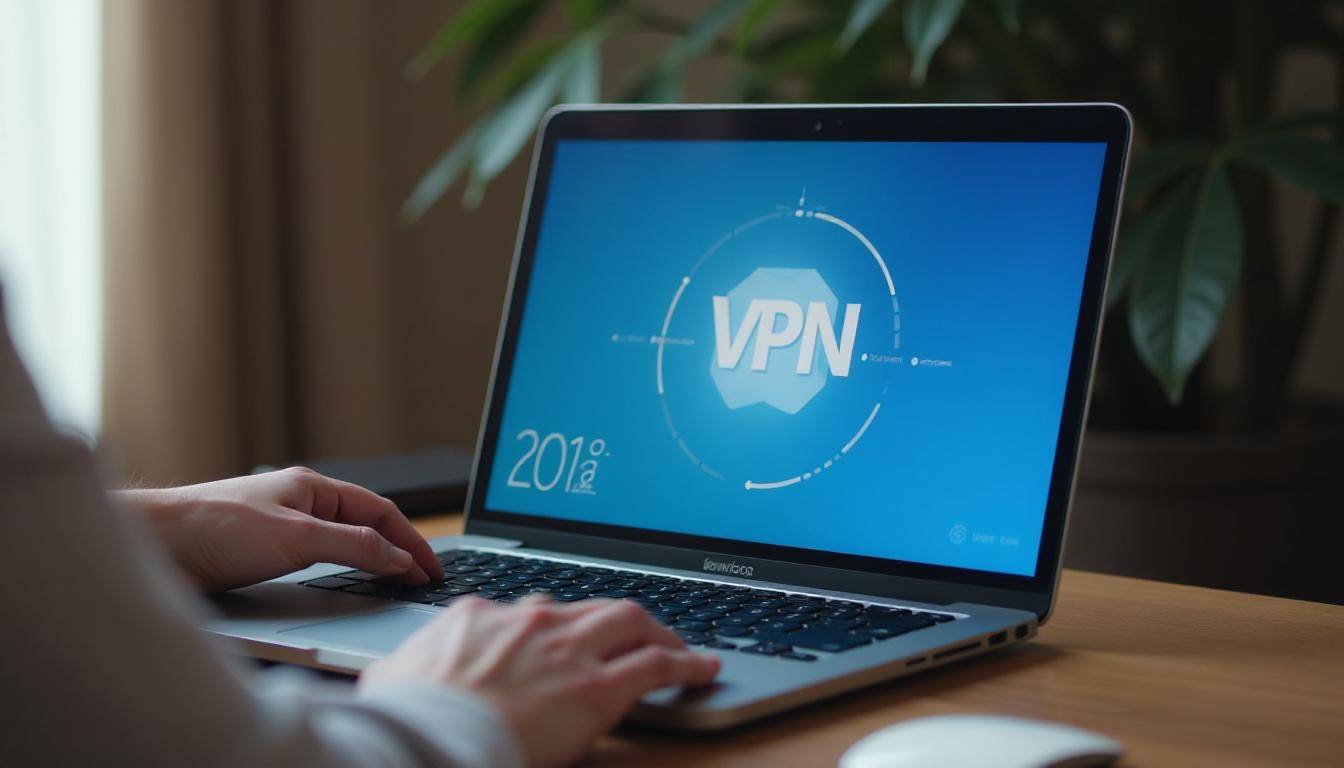What is a
VPN?
A Virtual Private Network (VPN) is a technology that
creates a secure, encrypted connection over a less secure network, such as the
internet. It allows users to send and receive data while maintaining the
privacy and security of their online activity.
When you use a VPN, your device (whether it's a
computer, smartphone, or tablet) connects to a remote server run by the VPN
provider. This server encrypts your internet traffic and changes your visible
IP address, making it seem as though you're accessing the internet from the
server's location rather than your own.
How Does a
VPN Work?
VPNs work by establishing a secure
"tunnel" between your device and the VPN server. Here's a simplified
breakdown of how the process works:
1. Encryption: When you use a VPN, your internet
connection is encrypted. This means all the data you send or receive is
scrambled and unreadable to anyone trying to intercept it.
2. IP Masking: Your real IP address is hidden, and
the VPN server's IP address is shown instead. This makes it appear as if your
internet activity is originating from the server's location rather than your
own.
3. Access to Blocked Content: By connecting to a
server in a different country, a VPN allows you to bypass regional restrictions
and access content that's blocked or censored in your region (such as streaming
services, websites, etc.).
Key Features
of VPNs
1. Encryption: VPNs use advanced encryption
protocols (like AES256) to secure your data. This ensures that hackers, governments,
or ISPs (Internet Service Providers) can’t snoop on your online activities.
2. Anonymity: Since your IP address is masked, VPNs
provide a layer of anonymity. Websites, services, and even your ISP won’t know
your actual location.
3. Bypass Georestrictions: VPNs are popular for
accessing regionlocked content, such as streaming services like Netflix, Hulu,
or BBC iPlayer, from different parts of the world.
4. Security on Public WiFi: VPNs are especially
useful on unsecured public WiFi networks (like at airports, cafes, and hotels).
They prevent malicious users on the same network from accessing your data.
5. Avoiding Censorship: In countries with heavy
internet censorship (e.g., China, Iran), VPNs can help users bypass
governmentimposed restrictions and freely access the open internet.
6. Nologs Policy: Many VPN providers claim to have a
"nologs" policy, meaning they don't keep any records of your browsing
activities, ensuring privacy.
Types of VPNs
There are a few types of VPNs, depending on the
intended use case:
1. Personal VPNs: These are the most common VPNs
used by individuals to secure their internet connection, maintain privacy, and
access blocked content.
2. Business VPNs: These are used by companies to
allow employees secure remote access to the company’s internal network and
resources, typically from home or other locations.
3. SitetoSite VPN: This is mostly used by
corporations to connect multiple networks in different locations. For example,
an international company may connect its offices in different countries using a
sitetosite VPN.
4. Mobile VPNs: These VPNs are designed to remain
connected even as the user’s mobile device moves between different networks
(e.g., switching between WiFi and cellular data).
Popular VPN
Protocols
VPNs use various protocols to establish secure
connections. The most common ones include:
1. OpenVPN: One of the most secure and commonly used
protocols. It's opensource, highly customizable, and supports a wide range of
encryption algorithms.
2. WireGuard: A modern protocol designed to be
faster, simpler, and more efficient than older protocols. It's becoming popular
for its speed and security.
3. IKEv2/IPsec: Known for its stability, especially
on mobile devices, IKEv2 automatically reconnects when the user switches
networks or loses connection briefly.
4. L2TP/IPsec: Though relatively secure, this
protocol can be slower due to the need for double encapsulation of data.
5. PPTP: One of the oldest VPN protocols. It's fast
but has significant security vulnerabilities, making it less suitable for
sensitive use.
Advantages of
Using a VPN
1. Privacy Protection: By hiding your IP address, a
VPN prevents websites, hackers, and even your ISP from tracking your online
activities.
2. Data Security: VPNs encrypt your data, protecting
it from hackers, especially when using public WiFi.
3. Bypass Censorship: VPNs allow you to access
restricted websites and online content in countries that have heavy internet
censorship.
4. Remote Work Security: Companies use VPNs to allow
employees to securely access internal networks and systems from remote
locations.
5. Avoid Bandwidth Throttling: Some ISPs slow down
your internet speed when they detect heavy traffic, such as video streaming or
downloading. Using a VPN can mask this activity and avoid throttling.
Potential
Downsides of Using a VPN
1. Slower Connection Speeds: Since your internet
traffic is routed through a remote server and encrypted, your connection speed
can slow down, especially if you choose a server far from your location.
2. Blocked by Some Websites: Some websites and
services actively block VPN traffic, making it difficult to access them using a
VPN.
3. Potential Legal Issues: In some countries, the
use of VPNs is restricted or illegal (e.g., China, North Korea). Users in these
countries may face penalties for using VPNs.
4. Not Complete Anonymity: While VPNs offer privacy,
they don’t make you completely anonymous. Websites can still track you using
cookies, and the VPN provider itself may keep logs of your activity unless they
specifically state they don’t.


